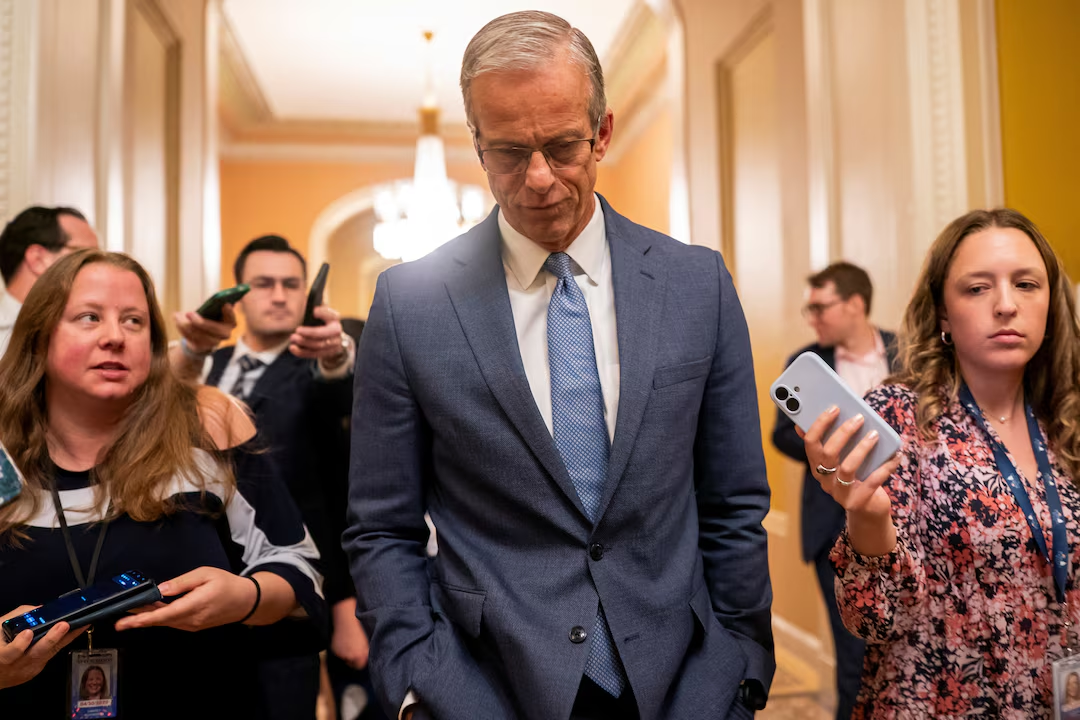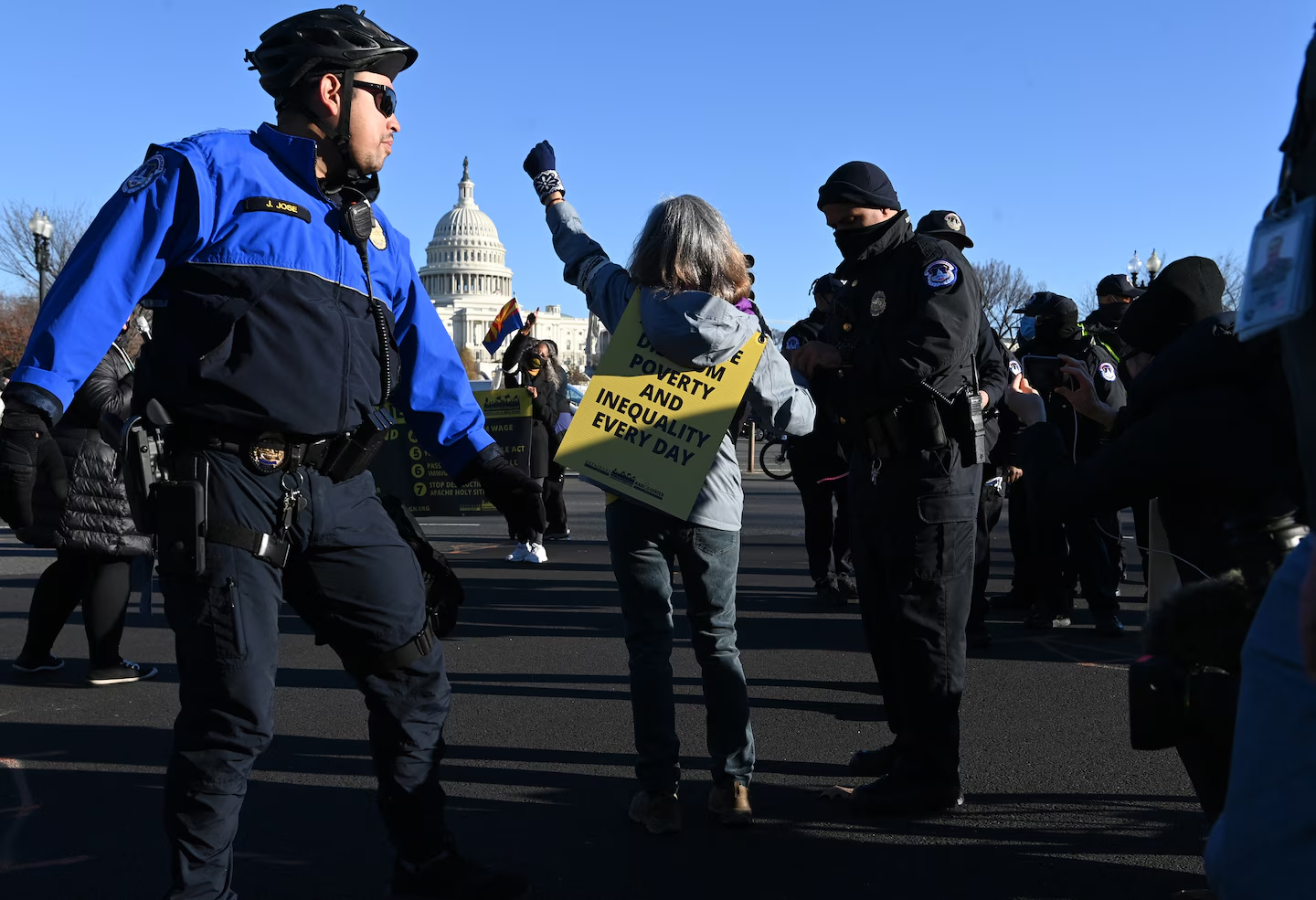Senator Cory Booker of New Jersey has labeled President Trump’s proposed "big, beautiful bill" a "moral obscenity," asserting that it will inflict devastating harm on millions of Americans. With a staggering $1 trillion price tag, this legislation threatens to strip health care from the sick, food from hungry families, and essential support from seniors and the disabled. In a recent appearance on MSNBC, Booker articulated the brutal reality of what this bill entails for countless families across the nation.
Healthcare Cuts Target the Most Vulnerable
As reported by Booker, the implications of the bill extend far beyond mere fiscal policy. It represents a direct assault on health care programs like Medicaid, which millions depend on for survival. The senator pointed out that denying health care to the sick is not just a policy choice; it is an act of violence against families that are already grappling with economic hardships.
The proposed cuts echo historical patterns where marginalized communities are often the first to bear the brunt of such legislative decisions. According to the Brookings Institute, health insurance reforms have historically attempted to balance liberal goals of universal coverage with strict regulations. However, this bill threatens to dismantle those safety nets entirely, leaving the most vulnerable Americans to fend for themselves.
SNAP Benefits Under Siege
The potential impact of the "big, beautiful bill" on the Supplemental Nutrition Assistance Program (SNAP) cannot be understated. As Booker noted in his social media posts, families relying on these benefits face an uncertain future. The erosion of food assistance is a direct attack on the basic human right to food security. This program has been crucial in lifting millions out of poverty, and any cuts will exacerbate hunger and nutritional deficits among America’s children.
According to historical data on bipartisan efforts related to the Civil Rights Act of 1964, legislative compromises often come at the cost of vulnerable populations. The pattern of prioritizing fiscal conservatism over human welfare continues as we see similar dynamics unfolding in the current Congress.

US Senate Republicans struggling to unite on Trump"s $3.3 ...
Political Divisions Intensify
The opposition to Trump’s megabill is not solely rooted in partisan lines. Moderate Republicans are expressing concerns, which could lead to a schism within the party as they face the repercussions of supporting legislation that may harm their constituents. Senator Booker emphasized that a few voices on the Republican side have begun to recognize the implications of this bill for their states, a sentiment that could disrupt the GOP’s ability to rally around Trump.
As reported by historical analyses, bipartisan cooperation has sometimes emerged in the face of moral imperatives. This moment could be a pivotal test for Republicans who consider whether loyalty to Trump outweighs their responsibility to their constituents.
Implications for Civil Rights
The ramifications of the bill extend into the realm of civil rights, echoing the struggles of the past where legislation has disproportionately impacted marginalized communities. The potential withdrawal of health care and nutrition assistance threatens to deepen existing inequalities. As a former civil rights attorney, I am acutely aware of how policy decisions can perpetuate systemic injustices.
As we reflect on the historical significance of the Civil Rights Movement, we are reminded that progress is often met with fierce resistance. This moment calls for unwavering advocacy and a commitment to uphold the dignity of all Americans. The defense against the "big, beautiful bill" is not merely a political battle; it is a moral one that will determine the future of our democratic values.

More than 70 people arrested in U.S. Capitol protest for low-wage ...



![[Video] Gunfire between Iraqi security forces and Sadr militias in Baghdad](/_next/image?url=%2Fapi%2Fimage%2Fthumbnails%2Fthumbnail-1768343508874-4redb-thumbnail.jpg&w=3840&q=75)
